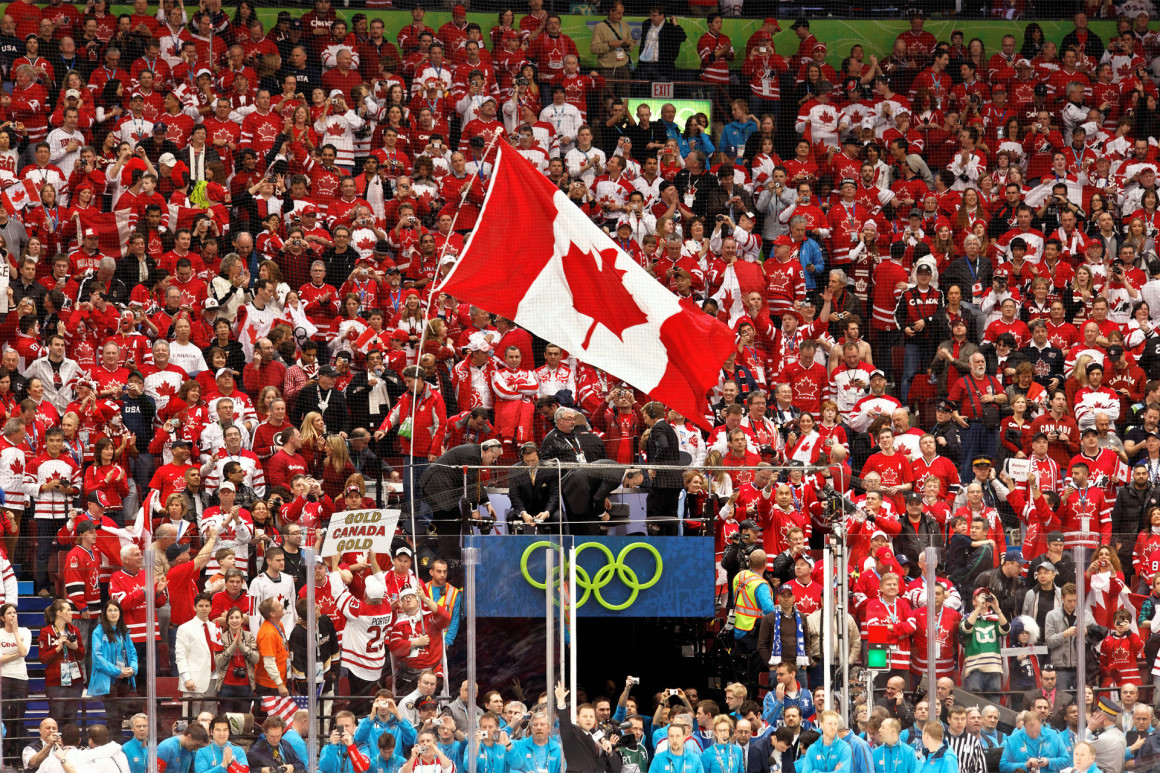
New cabinet position a good sign for sports
By Emilie Medland-Marchen, November 19, 2015 —
The Liberal cabinet brings with it the arrival of Carla Qualtrough, the new Minister of Sport and Persons with Disabilities. Qualtrough is a three-time paralympic medalist in swimming, and has also served as the President of the Canadian Paralympic Committee.
The addition of the new cabinet position is a change from the previous Harper government, when the position was reallocated to the junior Minister of State position after a Cabinet shuffle in 2008.
Upgrading this position from Minister of State to Cabinet Minister may seem arbitrary, but it’s a signifier that Canadian sports could receive more attention from the newly elected Liberal Government. With a minister that brings a rich background as both an athlete and a sports representative, the appointment is good news for both amateur and high-performance sport in Canada.
Qualtrough will be in charge of Canada’s preparations for the 2016 Summer Olympic and Paralympic games in Brazil, as well as the 2018 Winter Olympics in South Korea. She will also play a part in allocating funding towards governmental sporting excellence programs like Own the Podium, which prepares athletes for international success by making recommendations regarding the allocation of resources. Own the Podium is sponsored by Sport Canada, a branch of the Department of Canadian Heritage, which Qualtrough will be tasked with supporting as Minister of Sport.
The organization has been Canada’s primary means of sport funding in the past, receiving $62 million in funding each year from the Federal government. $22 million of that funding is designated to winter sports, with $34 million provided to summer sports and $6 million to team sports.
Own the Podium is responsible for assessing the performance of individual sports in Canada and distributing funds accordingly. Namely, they’re concerned with medal wins at World Championship and Olympic events. When money is provided to these sports, the expected outcome is to medal. During the Sochi Olympics, Own the Podium set an initial target of Canada winning the overall medal count, which was later reduced to competitive top-place finishes in most individual events.
But some athletes and sporting organizations find it difficult to judge human performance from a business perspective. The result of the $7.2 million poured into alpine skiing by Own the Podium from 2010–14 was one bronze medal. Of the $6.9 million spent in long track speed skating, only two medals were won. These outcomes are far less than the medal sweep expected from both Own the Podium and the Canadian Government.
The new position filled by Qualtrough brings with it likely changes for sport funding. Own the Podium’s funding depends on the upcoming budget and the allocated funds available for sporting excellence in Canada. But with the Liberal government likely to post a deficit over the next three years to help build infrastructure, it may be safe to assume that there will be some leftover cash for sports as well.
It’s no secret that getting results from high-performance sports is expensive, and that the money allocated to organizations like Own the Podium is intended to alleviate the financial stress for athletes. But it’s an open question as to whether the mediocre performances from Sochi were directly related to the amount of funding provided to sports in Canada from 2010–14.
It’s difficult to determine whether the funding provided to these sports were what helped secure medal results in Sochi. Likewise, it’s difficult to judge whether sports in Canada require even more funding to improve. But there’s no denying that investment in the success of Canadian sports brings with it a wealth of culture, community building and a reputation for international sporting excellence.
Canada’s federal government will need to answer these questions in order to prepare athletes for success in both Brazil and South Korea. The greater the investment, the more support for both amateur and high performance athletics in Canada. At this point, it’s unclear what position Trudeau’s government will take on funding grants, but a more sophisticated appointment as cabinet minister means the future looks bright for federal sport investment.
